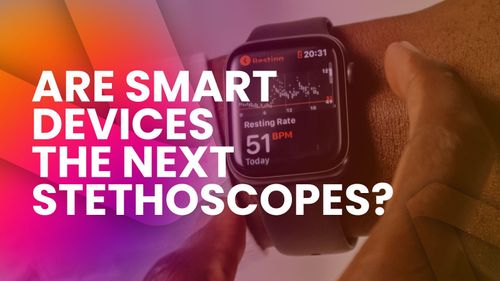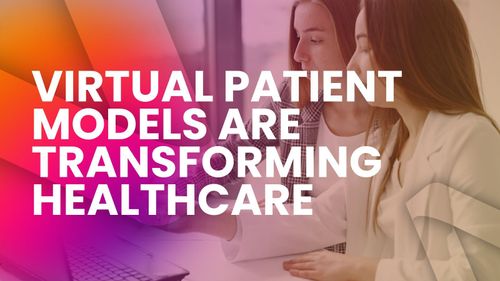 According to an article published in Forbes, the healthcare AI market is expected to reach over 100 billion in 2032, a growth of around 20x. The development of artificial intelligence, combined with the use of data and increases in computing power, is positioned to make big changes in how doctors and patients manage health across the globe.
According to an article published in Forbes, the healthcare AI market is expected to reach over 100 billion in 2032, a growth of around 20x. The development of artificial intelligence, combined with the use of data and increases in computing power, is positioned to make big changes in how doctors and patients manage health across the globe.
AI: Detect, Treat, & Prevent
Experts predict that AI will impact healthcare across several different dimensions, the most commonly cited being diagnostics, care coordination, prevention, and patient monitoring. It could also reduce drug development time and costs.
1. Diagnostics
AI could be used to make quicker, more accurate diagnostics by assisting humans. At Mayo Clinic, for example, radiologists are using AI to help detect instances such as intracranial aneurysms, intracranial stroke and pulmonary embolism, as well as molecular markers. AI algorithms can also be used for other diagnostic imaging and to predict the onset of illnesses earlier than without these AI tools.
2. Care Coordination
AI could be used to automate repetitive, mundane, or even administrative tasks in the healthcare industry, freeing up doctors' and nurse's time to then spend with patients. It also could help eliminate human error and ensure an overall more productive and efficient patient care.
3. Prevention
In the same article published by Mayo Clinic, Dr. Bhavik Patel talks about the potential of using AI. "We have an AI model now that can incidentally say, 'Hey, you've got a lot of coronary artery calcium in your heart, and you're at high risk for a heart attack or stroke in five years.' And you might not have otherwise known that." These types of models could be used to identify patients who are predisposed or on the path to health complications and help them prevent it from happening.
4. Patient Monitoring
AI could be used to help doctors and nurses automate certain monitoring procedures, once again freeing up time. Even more interestingly, patients could potentially be given the tools needed to monitor themselves from home using AI, with the professional opinion and oversight of a doctor from a distance.
Data, Data, Data
Data powers AI models, helping drive machine learning and build smarter algorithms. The variety of data used can help developers create specialized AI models according to the needs of the users. In healthcare specificially, medical data could be vital for helping AI models learn to diagnose, propose treatment, and more.
The healthcare industry is uniquely positioned in terms of data because there is so much of it that is collected, as noted in an article by Forbes. "The enormous amount of unstructured data in healthcare, which is typically underutilized, presents a targeted and transformative opportunity for meaningful technological innovation."
Startups like Bioptimus are taking advantage of this already, stating that their mission is "to build the first universal AI foundation model for biology to fuel breakthrough discoveries and accelerate innovations in biomedicine and beyond." Bioptimus recently announced the release of H-optimus-0,” the world’s largest open-source AI foundation model for pathology." This model can perform critical diagnostic tasks such as identifying cancerous cells or genetic abnormalities in a tumor.
With data being one of the most vital resources, it underscores the need for technology professionals like data scientists in the healthcare industry, and potentially in hospitals in general. It also highlights the importance of ethical data collection to mitigate violations of privacy and misuse.
Europe Takes the Lead
Europe stands out from the rest of the world for its robust healthcare infrastructure, which includes national health systems and effective data governance. This makes it the perfect stomping ground for AI development in the healthcare sector and gives it a head start from other regions, as explained in an article by McKinsey.
Furthermore, European countries already have the infrastructure needed to deal with such large volumes of data and the governance required to regulate it because their healthcare systems have been doing it for years.
This could give countries across Europe the opportunity to become the point of departure for leading AI innovation in healthcare by attracting startups and other key players who need large data sets.
Want to Hear More?
Join us at VivaTech 2025 to hear more and participate in the discussion about health and longevity.


